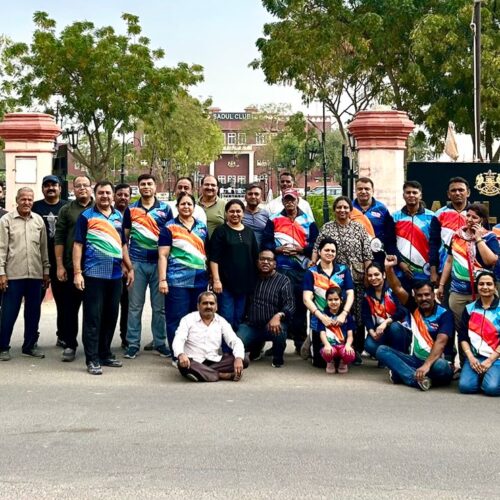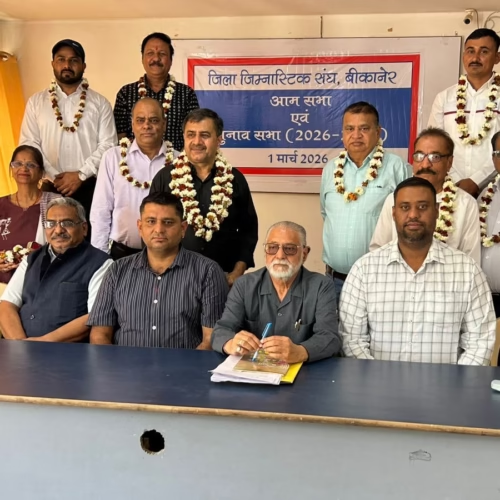Revolutionizing Campus Recruitment: How AI is Shaping the Future of Hiring
Dr. Priti Sharma Assistant Professor(English) FORE Academy of Management Education(FAME)
Artificial Intelligence (AI) is revolutionizing many industries, and campus recruitment is no exception. As companies increasingly seek to streamline their hiring processes, AI is becoming an essential tool in boosting campus recruitment, making it more efficient, effective, and inclusive. By leveraging AI technologies, universities and recruiters can improve the candidate experience, enhance decision-making, and ensure a more diverse talent pool.
One of the primary ways AI is transforming campus recruitment is through the use of Chabot’s and virtual assistants. These tools can engage with students in real-time, answer questions, and guide them through the recruitment process. Chabot’s can handle basic queries about job descriptions, application procedures, or deadlines, freeing up human recruiters to focus on more strategic tasks. Moreover, AI-driven Chabot’s can assist with the initial stages of recruitment, such as screening resumes and assessing candidates’ qualifications against job requirements. This helps recruiters filter out applicants who may not meet the necessary criteria, saving time and resources.AI can also improve the matching process between candidates and employers. By analysing vast amounts of data, including student profiles, academic achievements, extracurricular activities, and even social media behaviour, AI can match candidates to companies or roles that align with their skills, experiences, and interests. This helps ensure that recruiters are targeting students who are not only qualified but also passionate about the work they will be doing, improving job satisfaction and retention rates.
Another significant benefit of AI in campus recruitment is its ability to reduce unconscious bias in the hiring process. Traditional recruitment methods can sometimes lead to unintentional bias, whether based on gender, ethnicity, or other factors. AI algorithms can be designed to focus solely on skills and qualifications, ensuring that hiring decisions are based on merit rather than subjective factors. Additionally, AI tools can analyse recruitment patterns to identify and address biases that may exist in the hiring process, promoting diversity and inclusion in the workforce.AI-powered recruitment platforms also provide valuable insights for recruiters. By analysing trends and data, AI can help organizations identify the most effective recruitment strategies, understand the preferences of different student demographics, and even predict the success of certain candidates in specific roles. This data-driven approach allows for smarter, more targeted recruitment campaigns that yield better results.
Moreover, AI can enhance the interview process. Through video interviewing software, AI can analyse candidates’ responses, body language, and speech patterns to assess traits such as confidence, communication skills, and emotional intelligence. This technology offers a more objective, efficient way to evaluate candidates, especially for large-scale recruitment events or virtual hiring processes. For students, AI-driven recruitment platforms offer personalized career advice, helping them identify career paths that match their strengths and aspirations. These platforms can recommend internships, job opportunities, and skill development resources, empowering students to take proactive steps in their professional journeys. AI can also assist in resume-building and interview preparation, offering tailored feedback to help students stand out to potential employers.
In conclusion, AI is reshaping campus recruitment by making it faster, more efficient, and more inclusive. From enhancing candidate matching and reducing bias to providing valuable insights and improving the interview process, AI is helping both recruiters and students navigate the competitive landscape of campus recruitment with greater ease and success. As AI technology continues to evolve, it will undoubtedly play an even more significant role in shaping the future of recruitment, fostering stronger connections between talent and employers.















Add Comment